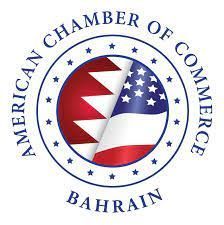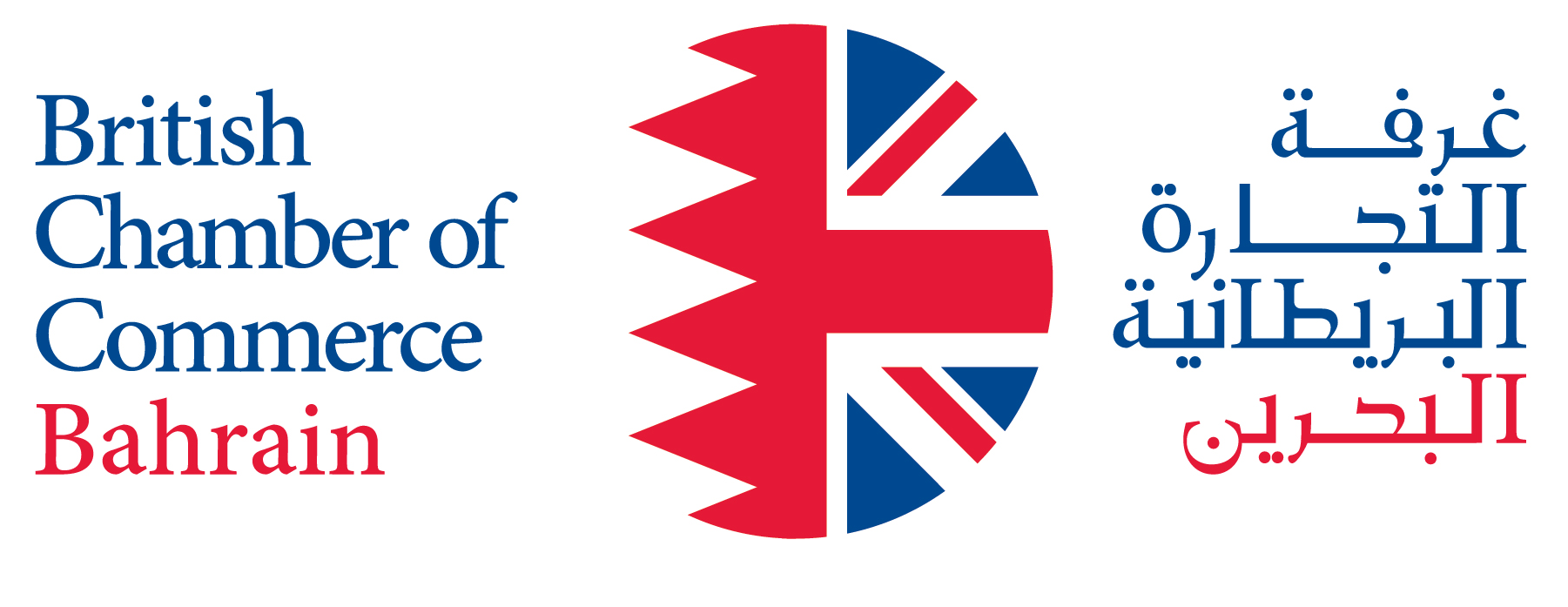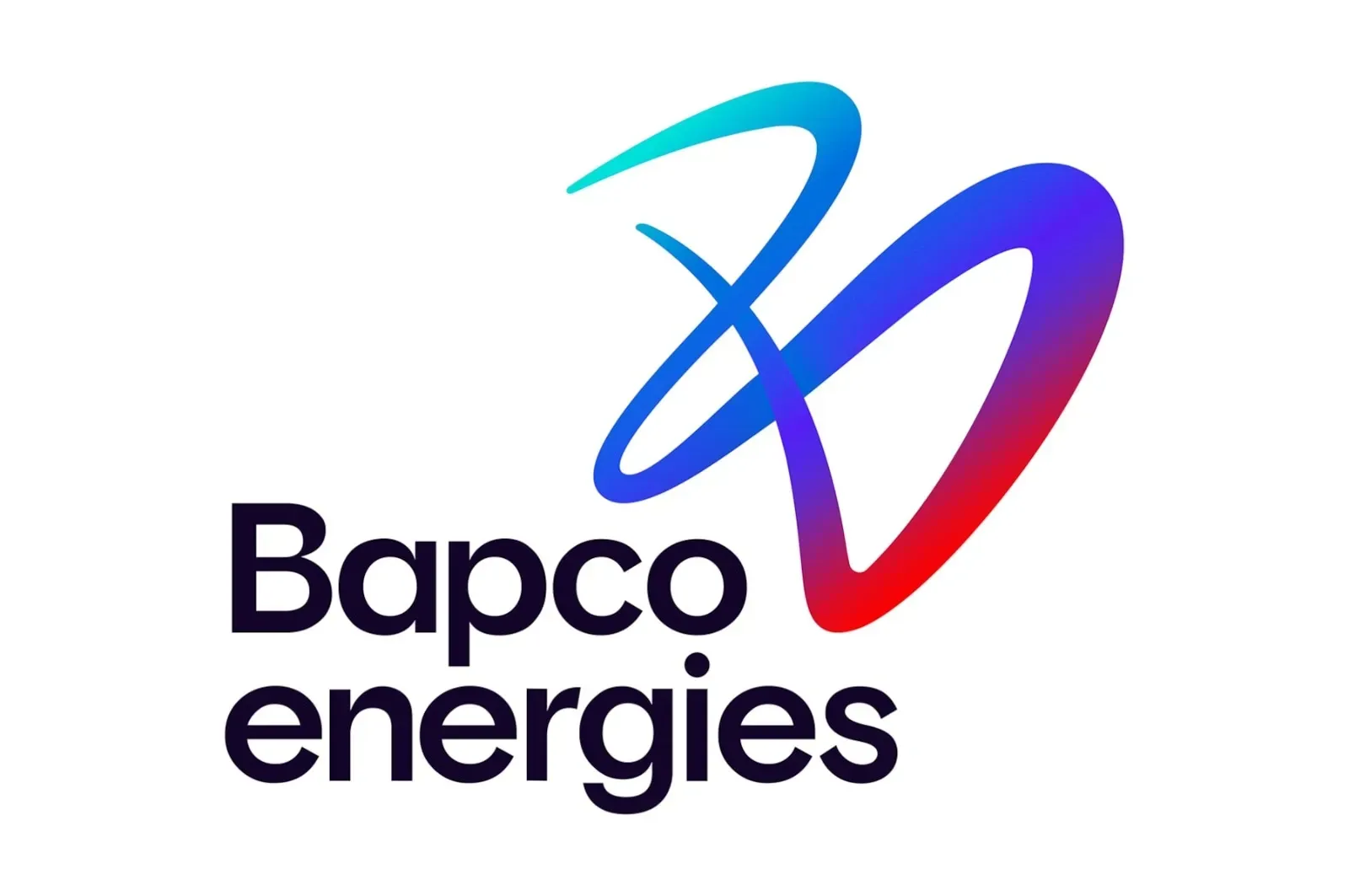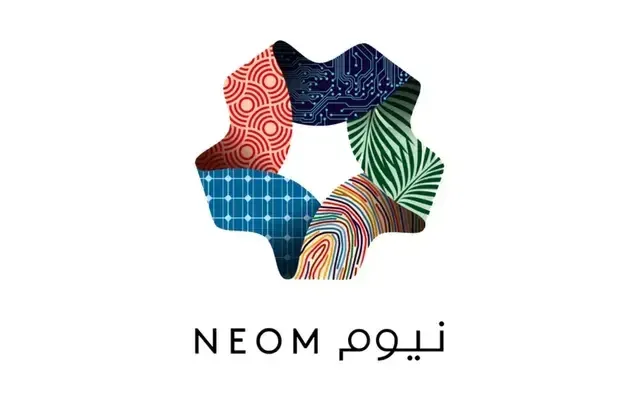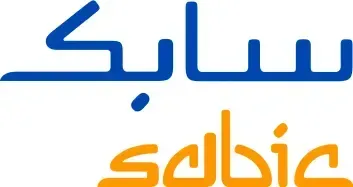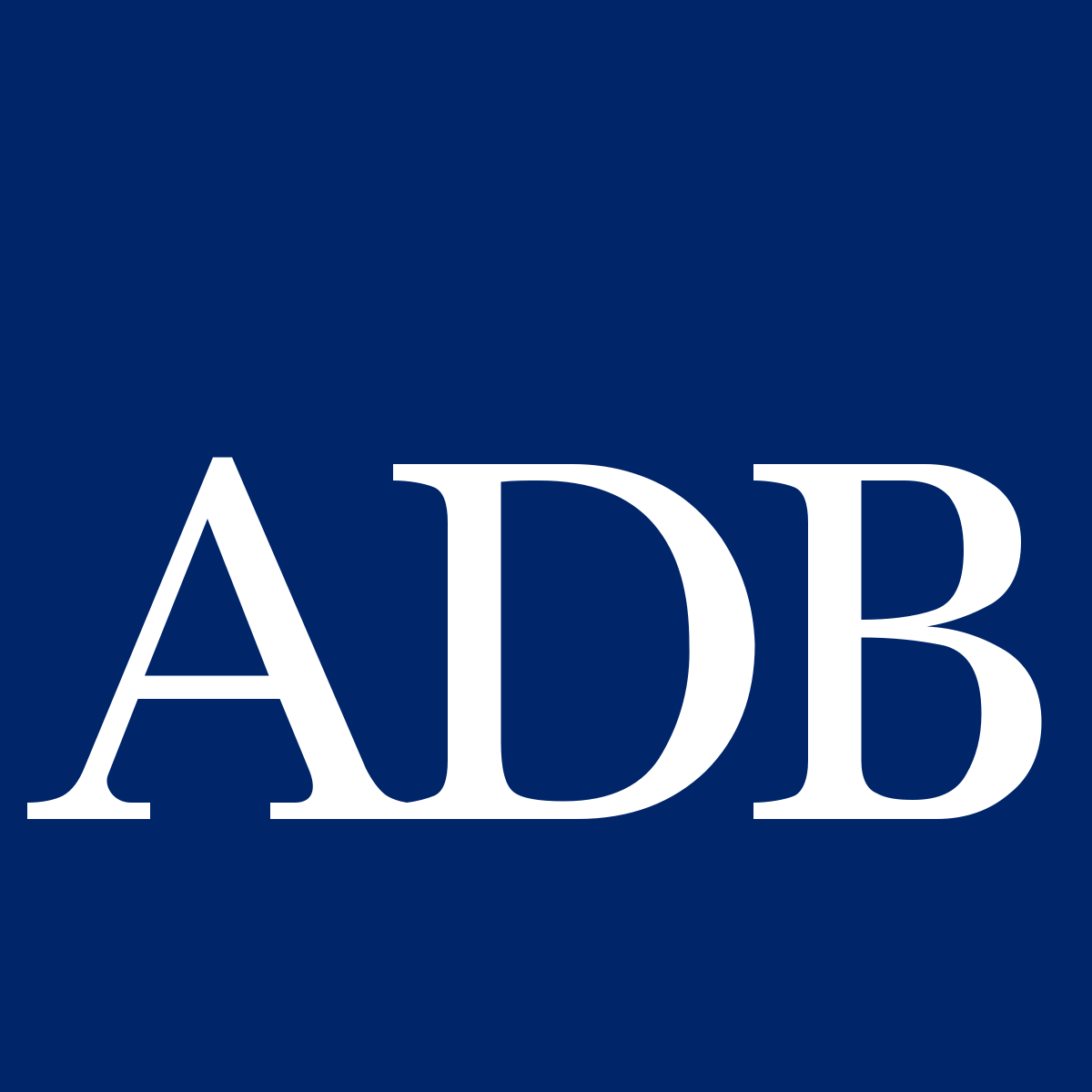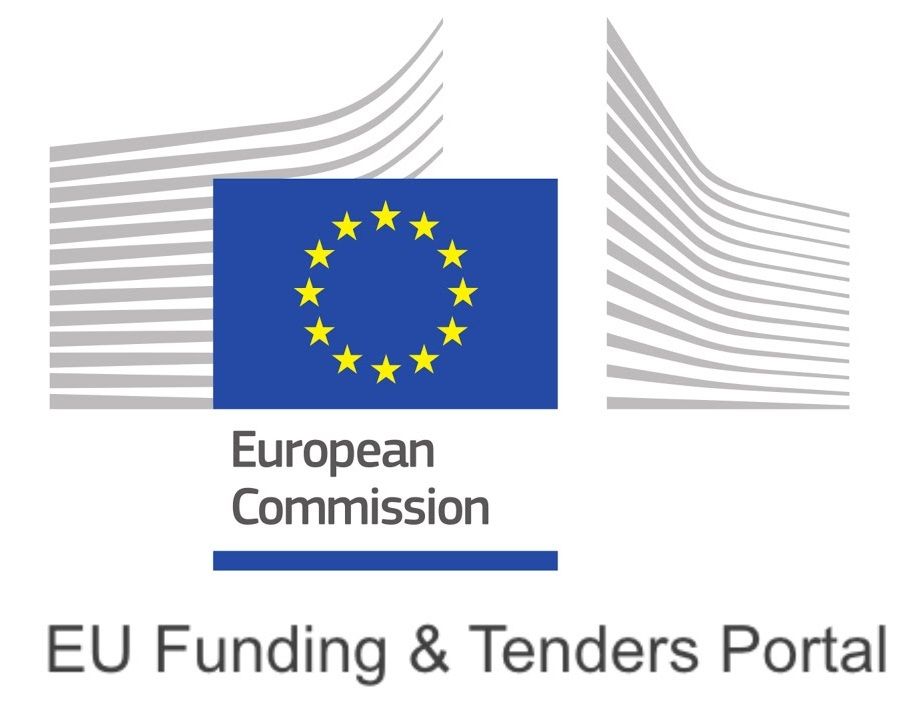Exports on Credit, Deferred Sales & Supplier Credit to Bahrain, Saudi Arabia, UAE, Qatar, Oman, Kuwait, and Egypt
Opportunities and risks of selling on credit, exporting without advance payment, and supplier credit facilities for exporters and suppliers to Bahrain, Saudi Arabia, UAE, Qatar, Oman, Kuwait, and Egypt
Exports are one of the strongest drivers of global economic growth. According to the World Trade Organization, global exports account for trillions of dollars in annual trade flows. Exporters who want to compete internationally cannot rely on cash-only transactions or letters of credit, as these options are often unavailable or unsuitable for many trade deals. Buyers expect flexibility, which is why export on credit, deferred export sales, and credit sales have become central to global trade practices.
For global exporters, the GCC and Egypt represent some of the most attractive destinations for growth. Countries such as China, India, Germany, the United States, Australia, New Zealand and Turkey are already major exporters to Bahrain, Saudi Arabia, and the wider region. By offering export on credit and deferred sales, these exporters expand their reach and secure stronger positions in competitive markets. Exporters from emerging economies are also entering these markets, using credit sales as a tool to win new clients and build long-term trade relationships.
For exporters, offering to sell on credit terms is often the key to winning contracts, expanding into new regions, and capturing a larger market share. In the GCC and Egypt, deferred export sales are widely used to attract buyers in competitive industries. Meanwhile, suppliers in Bahrain and Saudi Arabia extend supplier credit facilities to local clients to strengthen relationships and drive growth.
Yet these practices are not without risk. As highlighted by UNCTAD, deferred sales and supplier credit create vulnerabilities when payments are delayed or clients default. Understanding both the opportunities and risks of credit sales is essential for sustainable expansion.
Verify the Importer Before Shipping
Response from a specialist within 2 hours
Export on Credit and Local Credit Sales
Export on credit allows exporters to sell goods today and collect payments later. This flexibility helps them build strong partnerships and penetrate new markets. Exporters across industries, from manufacturing to consumer goods, rely on deferred export sales to gain a competitive edge. In many cases, exporters compete by offering exports without advance payment, giving buyers the chance to purchase now and pay later, which makes it easier to secure contracts in highly competitive markets.
Locally, credit sales also dominate. In Bahrain and Saudi Arabia, suppliers use supplier credit terms to compete for market share. Offering deferred sales helps suppliers secure loyal clients, but it also exposes them to risks such as late payments and reduced liquidity. The balance between opportunity and risk is what defines success in credit-based trade.
Types of Risks in Deferred Sales
Deferred and credit sales create clear advantages, but they also expose exporters and suppliers to challenges. The most common risks include:
- Delayed payments that disrupt cash flow.
- Client defaults that result in financial losses.
- Overextension of credit, where exporters or suppliers offer too many credit terms at once.
- Legal complexity in cross-border disputes.
- Reputation risk, if disputes escalate and affect market trust.
As the International Chamber of Commerce, credit sales are powerful tools but must be managed carefully to avoid undermining profitability. One of the most common concerns exporters face is what happens if a buyer does not pay after a deferred sale. Situations like this can quickly disrupt cash flow and may force exporters or suppliers to reconsider their overall credit strategies.
Country Perspectives on Exports and Credit Sales
Bahrain
Exporters to Bahrain frequently rely on exports on credit to attract clients. For suppliers, suppliers' credit facilities are essential for competing locally. The opportunities are significant, but exporters and suppliers must prepare for delayed receivables as part of their growth strategy.
Saudi Arabia
Saudi Arabia is the largest GCC market, and exporters cannot compete without offering deferred export sales. Suppliers in Saudi Arabia extend supplier credit terms to maintain long-term customer relationships. The opportunity for growth is unmatched, but the risks of clients' defaults are also higher due to the market size.
United Arab Emirates
In the UAE, exporters use selling on credit to win contracts in one of the most competitive markets in the world. Deferred sales allow exporters to engage with diverse buyers, but the variety of clients also increases the risk of non-payment.
Qatar
Qatar’s expanding economy creates demand for international products. Exporters rely on credit sales and deferred export sales to secure opportunities in construction, energy, and services. The risks often appear in the form of delayed payments that test exporters’ liquidity.
Oman
Oman’s market is stable, but exporters still use exports on credit to compete effectively. Deferred sales are common, though exporters must manage risks such as limited legal recourse in disputes.
Kuwait
In Kuwait, exporters offer credit sales and deferred export sales to attract clients across industries. The opportunities are clear, but exporters must be careful not to overextend credit to multiple buyers at once.
Egypt
Egypt is the largest consumer market in the region. Exporters cannot penetrate the market without offering to sell on credit. Deferred sales are essential for winning contracts, but the size of the market also means higher exposure to defaults and disputes.
Conclusion of export & credit sales
Exports on credit and credit sales are powerful tools for global exporters and local suppliers. They make it possible to expand quickly, secure contracts, and capture higher market share. In the GCC and Egypt, these practices are central to trade. Exporters use deferred export sales to grow internationally, while suppliers in Bahrain and Saudi Arabia rely on supplier credit facilities to build trust locally.
But with opportunity comes risk. Delayed payments, defaults, and overextension of credit can weaken growth if not managed carefully. Exporters and suppliers must recognize both sides of the equation to remain competitive. Selling goods with deferred payment has become a standard expectation across international markets, and exporters who adapt to this reality are the ones who grow fastest and secure higher market share.
RM for Credit Assessment & Debt Collection supports exporters and suppliers in maximizing the opportunities of exports on credit, deferred sales, and supplier credit facilities while managing the risks that come with them. With the right approach, exporters and suppliers can grow with confidence across Bahrain, Saudi Arabia, the wider GCC, and Egypt.
Hence, before offering credit sales, it is essential to understand the buyer. [Read our next full guide on business verification]
Frequently Asked Questions
How safe is it to sell on credit in the GCC?
Selling on credit is common in the GCC, but exporters and suppliers must protect themselves with clear terms and reliable partners.
What happens if a buyer delays payment in a deferred sale?
Delayed payments affect cash flow. Exporters often use supplier credit terms carefully to reduce this risk.
Can exporters offer goods without advance payment?
Yes. Many exporters win contracts by exporting with partial or without advance payment, giving buyers the chance to purchase now and pay later.
What is the role of supplier credit facilities in Bahrain and Saudi Arabia?
Suppliers in Bahrain and Saudi Arabia use supplier credit facilities to grow, expand, build stronger relationships and secure long-term clients.
Why are exports on credit important for global exporters?
Exports on credit help exporters attract new buyers, increase competitiveness, and expand into global markets by offering flexible payment terms.
How do exporters to Bahrain use deferred sales?
Exports to Bahrain rely on credit to secure contracts. Suppliers in Bahrain also strengthen trade by offering credit facilities to local customers.
Why are credit sales critical in Saudi Arabia?
In Saudi Arabia, exporters must rely on deferred export sales to remain competitive. Suppliers also extend credit terms, which create both opportunities and risks.
Are credit sales common in the UAE and Qatar?
Yes. Exports to the UAE and Qatar frequently depend on credit sales and deferred export sales to win contracts in competitive markets.
How do exports to Oman, Kuwait, and Egypt apply credit sales?
In Oman, Kuwait, and Egypt, exporters regularly use exports on credit and selling on credit terms to expand their buyer base and strengthen market presence.
What do supplier credit facilities mean in practice?
Supplier credit facilities mean that suppliers provide goods or services now while allowing clients to pay later. This approach helps suppliers stay competitive in fast-moving markets.




